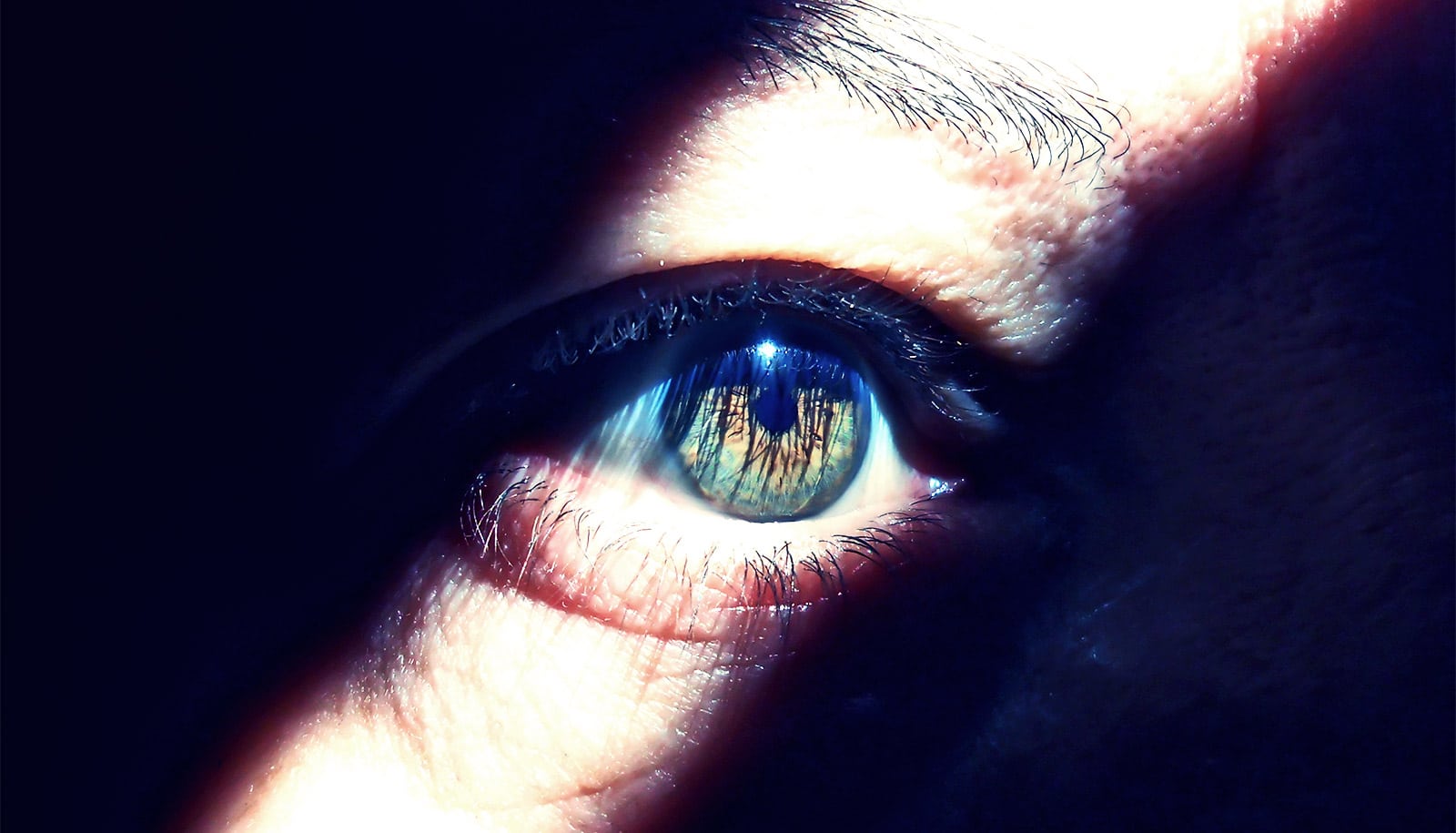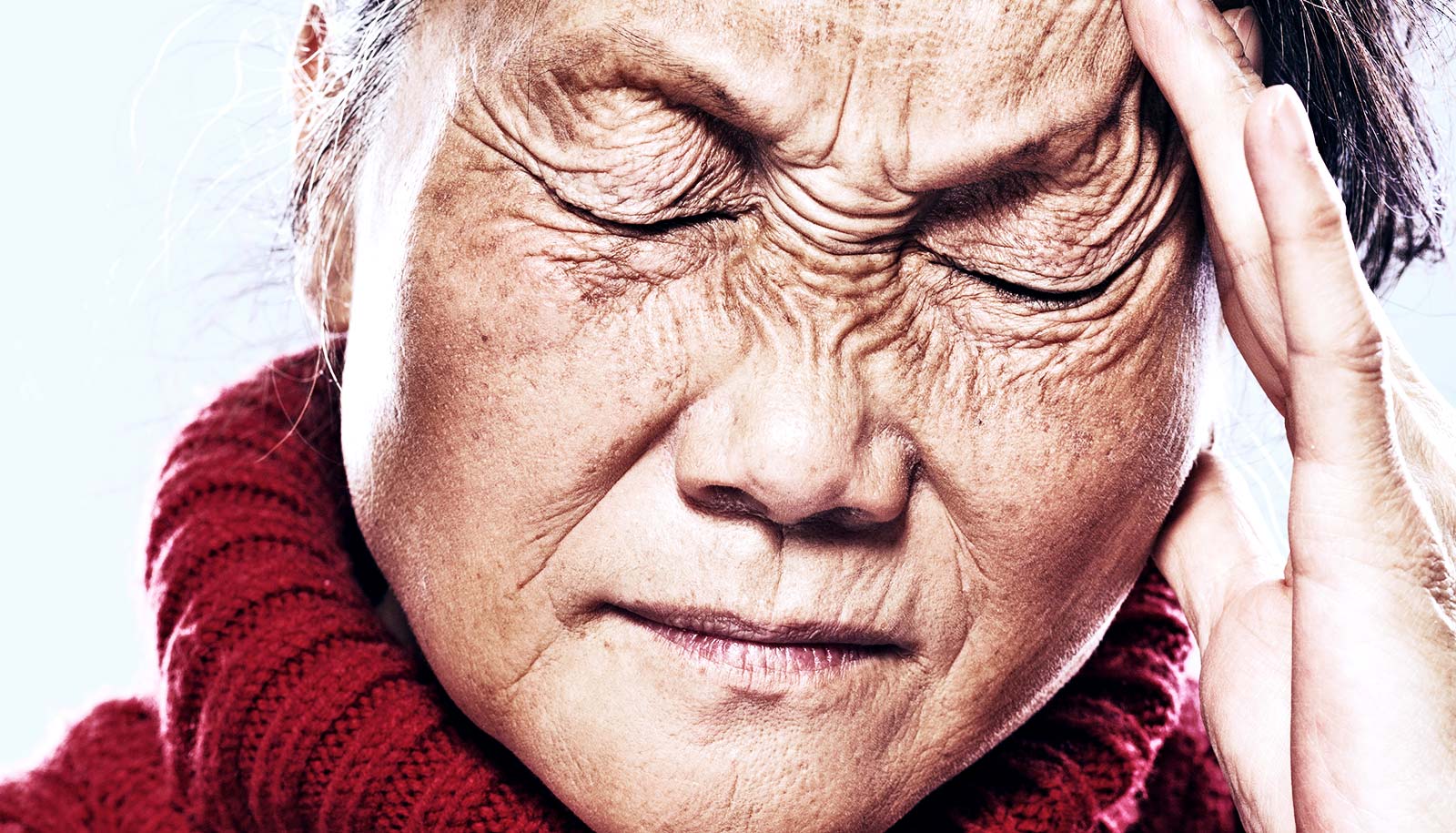Harvard: Neuronlike brain implants may help treat disease, mental illness
Harvard scientists have created brain implants so similar to neurons that they actually encourage tissue regeneration in animal models. They may one day be used to help treat neurological diseases, brain damage, and even mental illness.
March 12, 2019 • ~7 min
Harvard researchers explore macular degeneration through a new lens
Researchers have created the first cellular atlas of the primate retina and discovered that, while the fovea and peripheral retina share most of the same cell types, the cells are in different proportions, and show different gene expression patterns.
Feb. 21, 2019 • ~6 min
Axon moves past role as a nerve cell’s foot soldier
Now research suggests that a nerve cells’ axons may be making decisions on their own, challenging the dogma that the nucleus and cell body are the control centers of the neuron.
Feb. 15, 2019 • ~8 min
Axon moves past role as a nerve cell’s foot soldier
Now research suggests that a nerve cells’ axons may be making decisions on their own, challenging the dogma that the nucleus and cell body are the control centers of the neuron.
Feb. 15, 2019 • ~8 min
New technique enables subcellular imaging of brain tissue 1,000X faster than other methods
Combining two recently developed technologies — expansion microscopy and lattice light-sheet microscopy — researchers have developed a method that yields high-resolution visualizations of large volumes of brain tissue, at speeds roughly 1,000 times faster than other methods.
Jan. 22, 2019 • ~10 min
New technique enables subcellular imaging of brain tissue 1,000X faster than other methods
Combining two recently developed technologies — expansion microscopy and lattice light-sheet microscopy — researchers have developed a method that yields high-resolution visualizations of large volumes of brain tissue, at speeds roughly 1,000 times faster than other methods.
Jan. 22, 2019 • ~10 min
/
19




